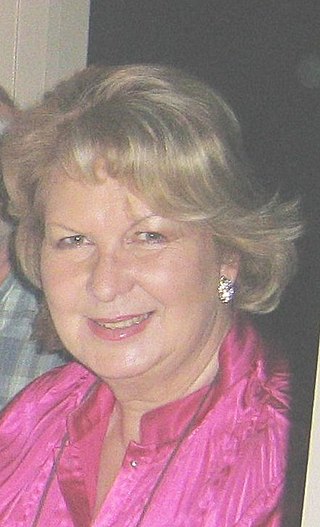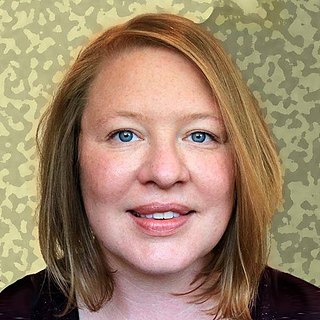
Fatema Mernissi was a Moroccan feminist writer and sociologist.

The Black Book is a novel by Turkish writer Orhan Pamuk. It was published in Turkish in 1990 and first translated by Güneli Gün and published in English in 1994. In 2006, it was translated into English again by Maureen Freely.

The Imperial Harem of the Ottoman Empire was the Ottoman sultan's harem – composed of the wives, servants, female relatives and the sultan's concubines – occupying a secluded portion (seraglio) of the Ottoman imperial household. This institution played an important social function within the Ottoman court, and wielded considerable political authority in Ottoman affairs, especially during the long period known as the Sultanate of Women.
Radikal was a daily liberal Turkish language newspaper, published in Istanbul. From 1996 it was published by Aydın Doğan's Doğan Media Group. Although Radikal did not endorse a particular political alignment, it was generally considered by the public as a social liberal newspaper. Despite only having a circulation of around 25,000, it was considered one of the most influential Turkish newspapers.

Elif Shafak is a Turkish-British novelist, essayist, public speaker, political scientist and activist.
Duygu Asena was a Turkish journalist, best-selling author and activist for women's rights.

Jennifer Eaton Gökmen is an American-Turkish writer and editor. She has contributed to several magazines and newspapers, including TimeOut Istanbul. Much of her work has focused on her status as an immigrant to Turkey. She was the co-host of the documentary series Bir Yar Gelir Bizlere, and she was co-editor of Tales from the Expat Harem, both about expatriation to Turkey. In 2006, she was awarded the Daughters of Atatürk "Woman of Distinction Award".
Tales from the Expat Harem: Foreign Women in Modern Turkey (Turkish: Türkçe Sevmek) is a nonfiction anthology by 32 expatriate women about their lives in modern Turkey, published by Seal Press in North America and Doğan Kitap in Turkey.

Hikmet Temel Akarsu is a Turkish novelist, short story writer, satirist and playwright.

Saliha Dilaşub Sultan, also known as Aşub Sultan or Aşube Sultan, was a consort of Ottoman Sultan Ibrahim and Valide Sultan to their son Suleiman II.
Alev Lytle Croutier, known in Turkey as "Alev Aksoy Croutier", is a writer based in San Francisco, US. Her books have been translated into 22 languages. She is the author of the non-fiction books Harem: the World behind the Veil and Taking the Waters, and the novels The Palace of Tears, Seven Houses, and The Third Woman.

Nurhan Atasoy is a Turkish art historian. She specializes in history of Ottoman and Islamic art. She served as a chair in the Department of Fine Arts, Archeology and Art History at Istanbul University until 1999 when she retired. She is a resident scholar of the Turkish Cultural Foundation.

Fahriye Gönül Pultar is a Turkish academic, scholar and novelist. Presently, she is the President of the Cultural Studies Association of Turkey and also holds the honorary title of the President of the World League of Tatars.

Kapuska is a hearty traditional Turkish cuisine and Balkan cuisine stew whose name is derived from the Slavic languages word for cabbage. Although the name is imported, the dish is a Turkish version of a cabbage stew common in Russia, Ukraine, Poland and other countries of Eastern Europe. Kapuska is widely known and consumed in the Thrace and Black Sea regions of Turkey.

Wendy J. Fox is an American author born in Washington. She is most known as a writer of fiction and has thrice been a finalist for the Colorado Book Awards. In 2015, she was nominated for her collection "The Seven Stages of Anger and Other Stories" and in 2020, she was a finalist in literary fiction for "If the Ice Had Held." In 2022, she won for "What If We Were Somewhere Else", a collection of short stories.

Hanzade Doğan Boyner is a Turkish businesswoman, philanthropist, entrepreneur and e-commerce pioneer. She is the founding chairwoman of Doğan Online Group Companies, the largest online corporation in Eastern Europe, the Middle East, and Africa, and is the founder and chairperson of the e-commerce platform Hepsiburada.com, often called “The Amazon of the East". In July 2019, Forbes called her “one of the most successful women tech entrepreneurs in the world,” and Fortune Turkey has credited her with leading the country’s digital transformation.

Judith Malika Liberman is a French storyteller, writer and teacher currently living in Turkey. When she was 14, she learned storytelling in a French commune and has gone on to reintroduce the telling of Anatolian fairy tales in Turkey.
Ayse Bircan is a Turkish activist and writer. As a young left-wing organizer in Turkey, she was targeted by authorities and fled to England, where her work has focused on refugee rights. Her essay "Black and Turkish" appears in the 1992 anthology Daughters of Africa.

Sennur Sezer was a Turkish poet and documentary writer.
Menekşe Toprak is a German-Turkish writer, literary translator, and cultural journalist. She lives in Berlin and Istanbul.













